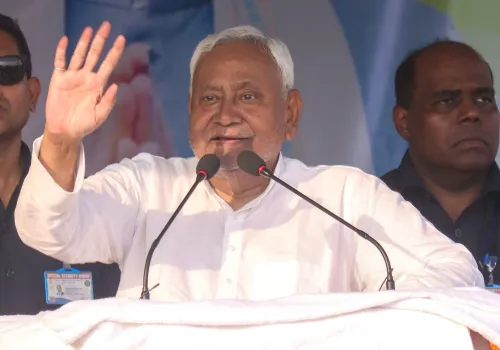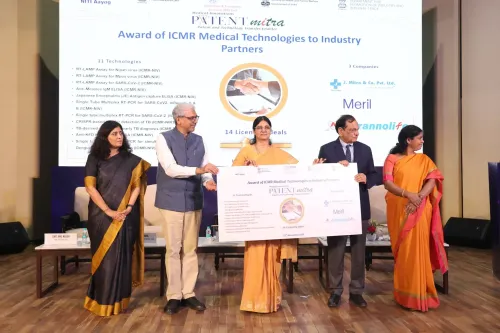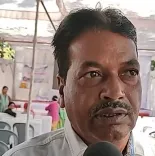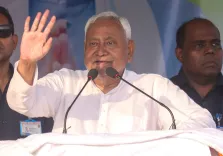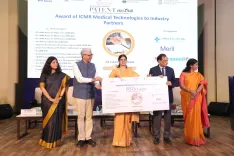Did the SC Provide a Final Chance to Five States for Remission Policy Implementation?
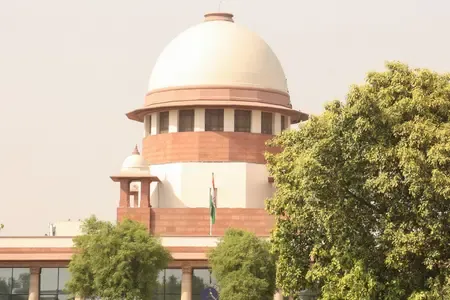
Synopsis
Key Takeaways
- Supreme Court grants final opportunity to five states for compliance.
- Emphasis on timely consideration of remission cases.
- High Courts to monitor progress of implementation.
- Call for systemic reform in bail and remission policies.
- Importance of preventing unnecessary incarceration.
New Delhi, Nov 13 (NationPress) The Supreme Court has extended a “last and final opportunity” to five states -- Assam, Himachal Pradesh, Meghalaya, Uttar Pradesh, and West Bengal -- to thoroughly implement their policies regarding the premature release of convicts.
A Bench comprising Justices M.M. Sundresh and Satish Chandra Sharma, while overseeing the suo motu case titled 'In Re: Policy Strategy for Grant of Bail', which scrutinizes systemic challenges related to bail and remission policies nationwide, has allotted two months for these defaulting states to ensure “full and complete compliance” with its previous directives.
Considering the arguments presented by Amicus Curiae Liz Mathew, the apex court remarked that the five states have “yet to adopt and implement” the draft remission policy and rules, including necessary amendments to enforce the earlier orders.
The Justice Sundresh-led Bench noted submissions from the state governments that they would complete the required actions within the allotted two months.
Granting this extension, the court stated: “Accordingly, as a last and final opportunity, we grant two months’ time to the States of Assam, Himachal Pradesh, Meghalaya, Uttar Pradesh, and West Bengal to ensure full and complete compliance from the date of this order.”
The Supreme Court acknowledged Kerala’s partial compliance and provided four months to implement a legislative amendment that mandates reasons to be supplied when denying requests for premature release.
The court emphasized the importance of timely consideration of remission cases, indicating that state governments must conduct this process “at least six months prior to the eligibility of a convict” to prevent unnecessary incarceration once a convict becomes eligible for early release.
Importantly, the Supreme Court accepted the amicus’ recommendation for High Courts to oversee the implementation progress. “We request the Hon’ble Chief Justices of the respective High Courts to register a suo motu writ petition, after which a Division Bench shall be formed to monitor and supervise the implementation of the remission and premature release policies of the respective States,” it concluded.


